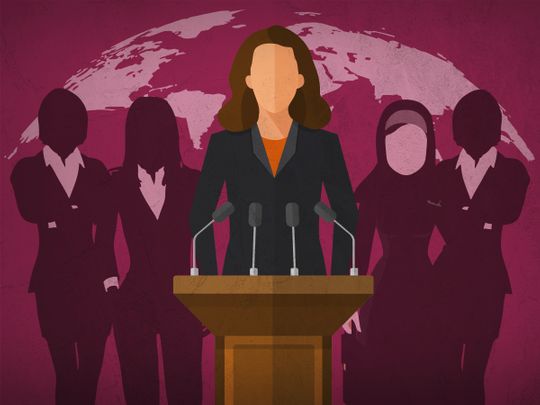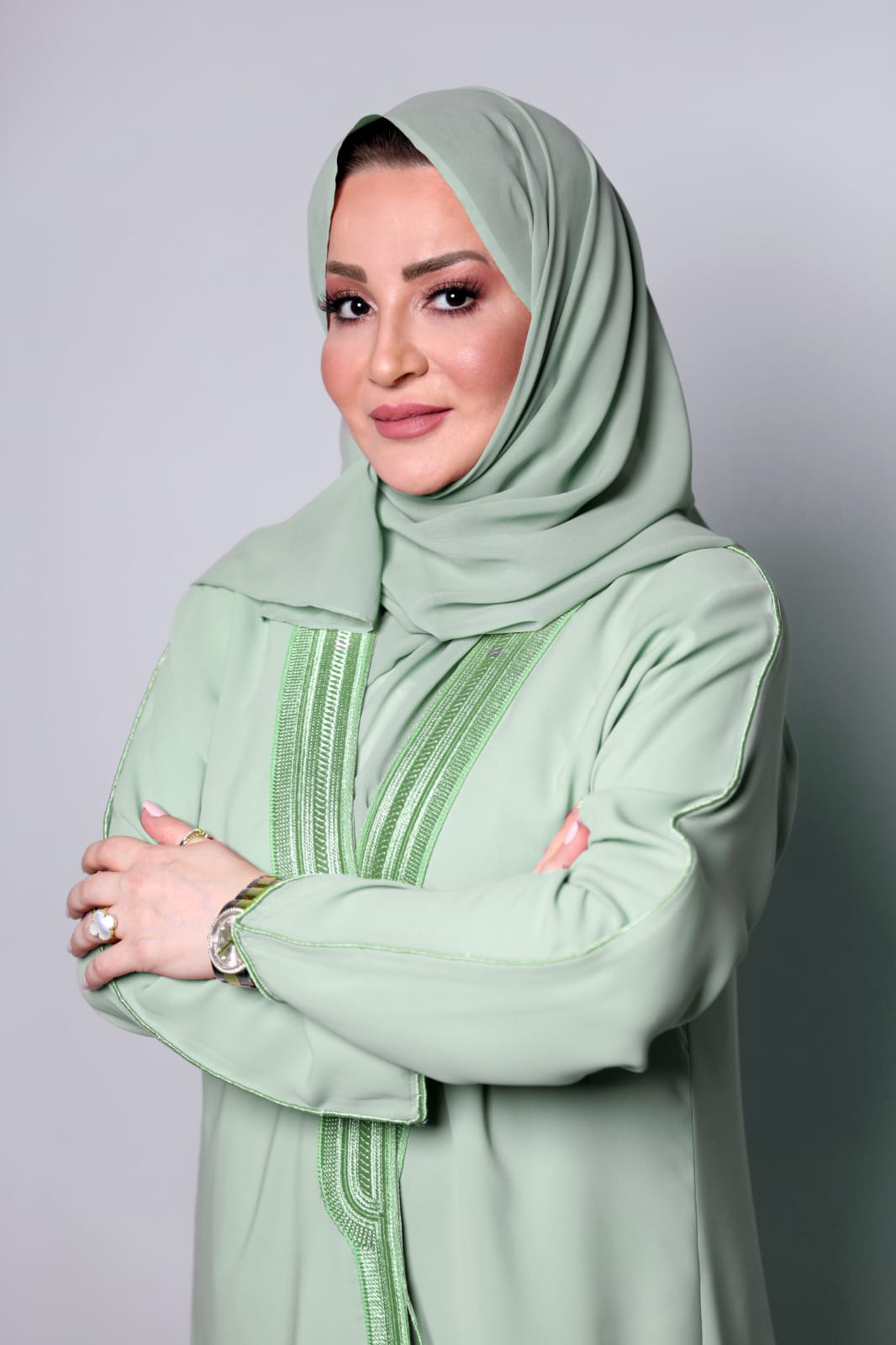
Diplomatic women, the compass of change for international communication
Our international world is characterized by diversity and complexity, and yet women diplomats emerge as a pivotal force capable of shaping a new landscape of international cooperation and shaping a shared future for humanity. Since time immemorial, women have played essential roles in building societies and achieving peace, and today they continue this legacy through diplomacy, where their unique abilities are demonstrated in communicating across multiple cultures and building bridges of understanding and trust between nations. The role of a woman diplomat is not just a job or a responsibility, but rather a compass for real change in international relations that contributes to finding peaceful solutions and formulating policies that enhance coexistence, acceptance and mutual respect among peoples.
Women's contribution to diplomacy and political processes is vital and their participation is of great importance due to their positive influence and ability to promote policies and measures that meet the needs of society in a more comprehensive manner, and with the successful application of the personal skills that women bring to the world of diplomacy, their abilities serve as a right arm to create a sustainable global impact. The United Nations has decided that June 24 will be International Day for Women in Diplomacy and calls on member states, international organizations and the international community to celebrate this day annually.
The Kingdom of Saudi Arabia has confirmed its sponsorship of this decision and has even implemented it by empowering women in the diplomatic corps as well. Anyone who follows the path of Saudi women since the era of the founder - may God rest his soul - notices the development of efforts to support and empower women to participate in the diplomatic sector as one of the pillars of comprehensive development. This role emerged during the reign of King Salman - may God protect him - in strengthening international relations and building bridges of friendship and cooperation, due to their ability to achieve change and contribute to world peace. This government support for women reflects a remarkable social development and represents a positive message to the rest of the world regarding tolerance and acceptance of differences between cultures.
From my point of view, there is importance to this role, and the consequences of increasing women’s participation in diplomacy are only a comprehensive and multidimensional perspective. Women and men diplomats together will provide different points of view and experiences than usual, to develop more comprehensive and diverse diplomatic policies. This diversity of vision can contribute In better understanding complex issues and finding innovative solutions to them, as studies indicate that women’s participation in peace negotiations increases the chances of success and sustainability of these agreements, and throughout the ages empowered women have had the ability to build bridges and promote dialogue, which contributed to achieving peace and reducing armed clashes.
I am certain that the presence of women in peace processes and negotiations contributes to reducing levels of violence and enhancing stability, because women often focus on social and economic issues, which contributes to addressing the basic roots of conflicts. Diplomacy is not limited to negotiating between peoples, but rather is a means of enhancing understanding and building bridges between peoples. A different perspective at the dialogue table. They also offer new perspectives on how to improve public services and social policies, which leads to improving the quality of life for society. The world of diplomacy is full of opportunities and challenges.
Increasing women's participation in diplomacy and politics is not only a matter of justice, but a necessity for achieving sustainable development and comprehensive peace. Women provide innovative visions and solutions that contribute to enhancing the stability of societies and meeting their needs more comprehensively. By implementing effective measures to support women’s participation, we can build more just, equitable and stronger societies. The presence of women in decision-making positions enhances the achievement of gender justice and helps develop policies that protect the rights of women and girls and provide them with balanced opportunities while adhering to our ancient culture and authentic values.
The role of women diplomats is not just an option, but rather an urgent necessity in this era of rapid transformations and changes. Its ability to build bridges of communication and understanding between cultures and peoples adds a new dimension to diplomatic work, which contributes to strengthening international peace and security. Today, more than ever, we need women diplomats with a comprehensive vision and a real will for positive change. They are the compass for change, the ambition for the future, and a pillar in building an international community that strives to establish justice, prosperity, and peace for all.

Nourah Faisal Al-Shaban
Former Member of the Saudi Shura Council








